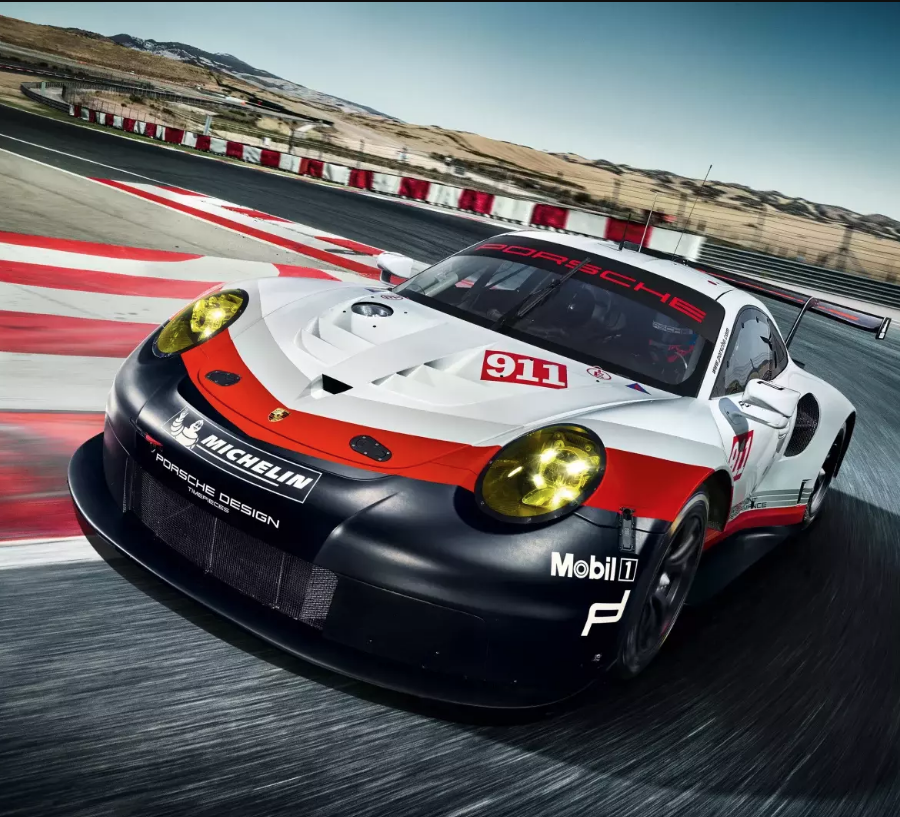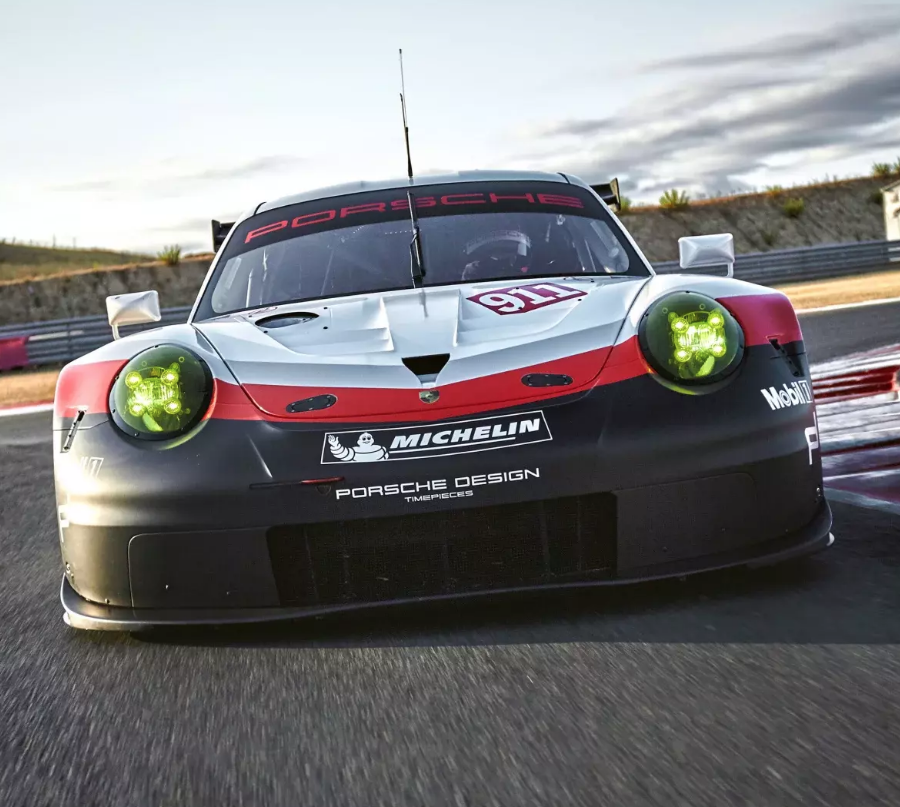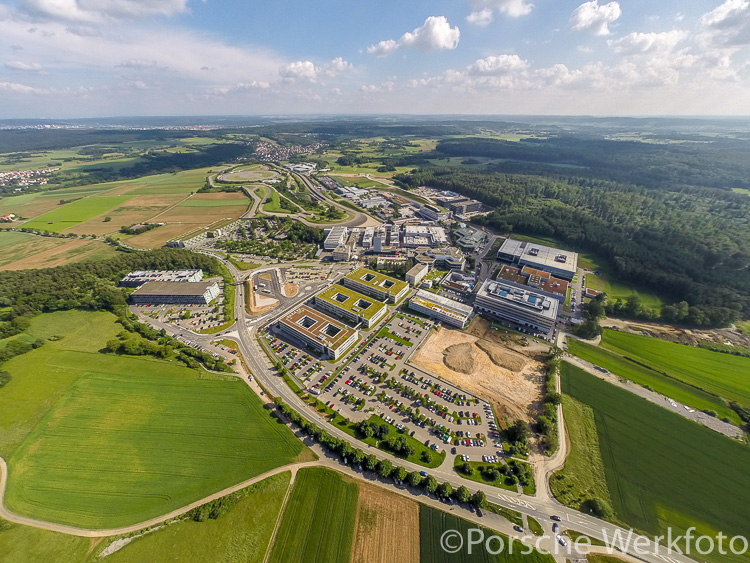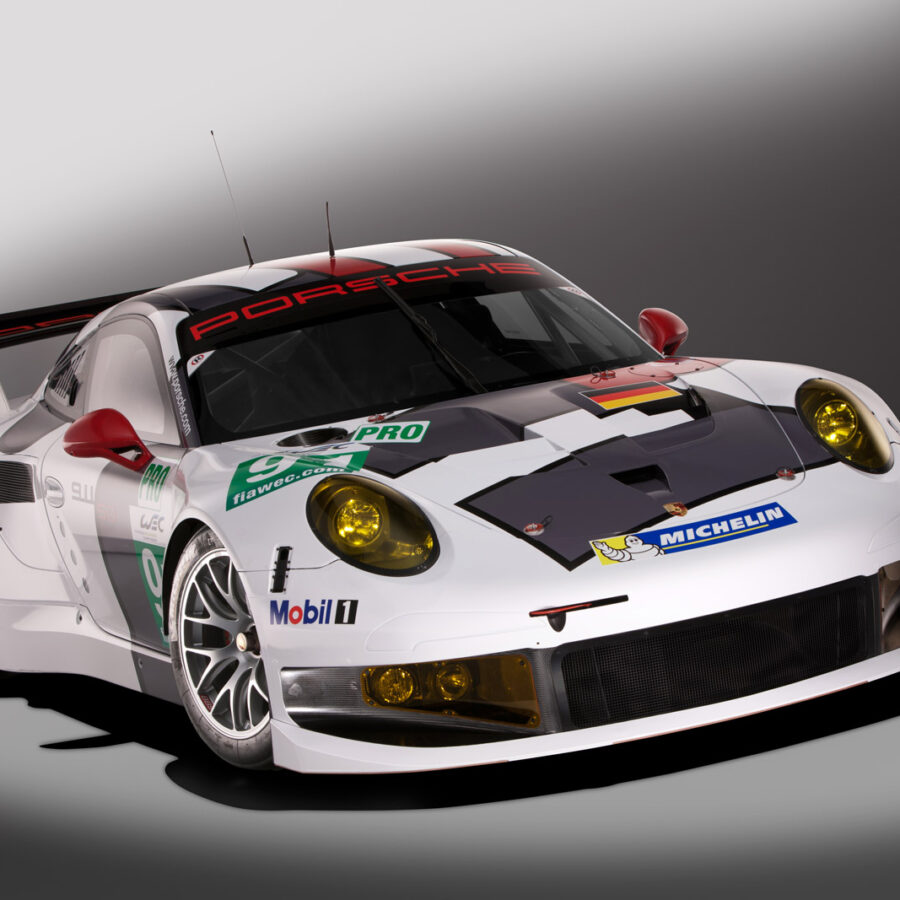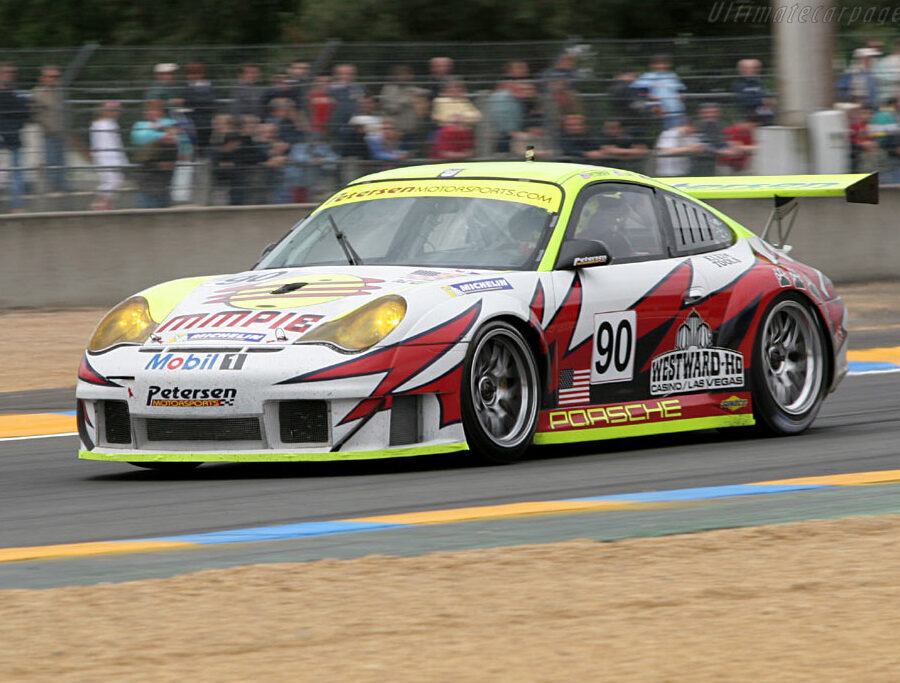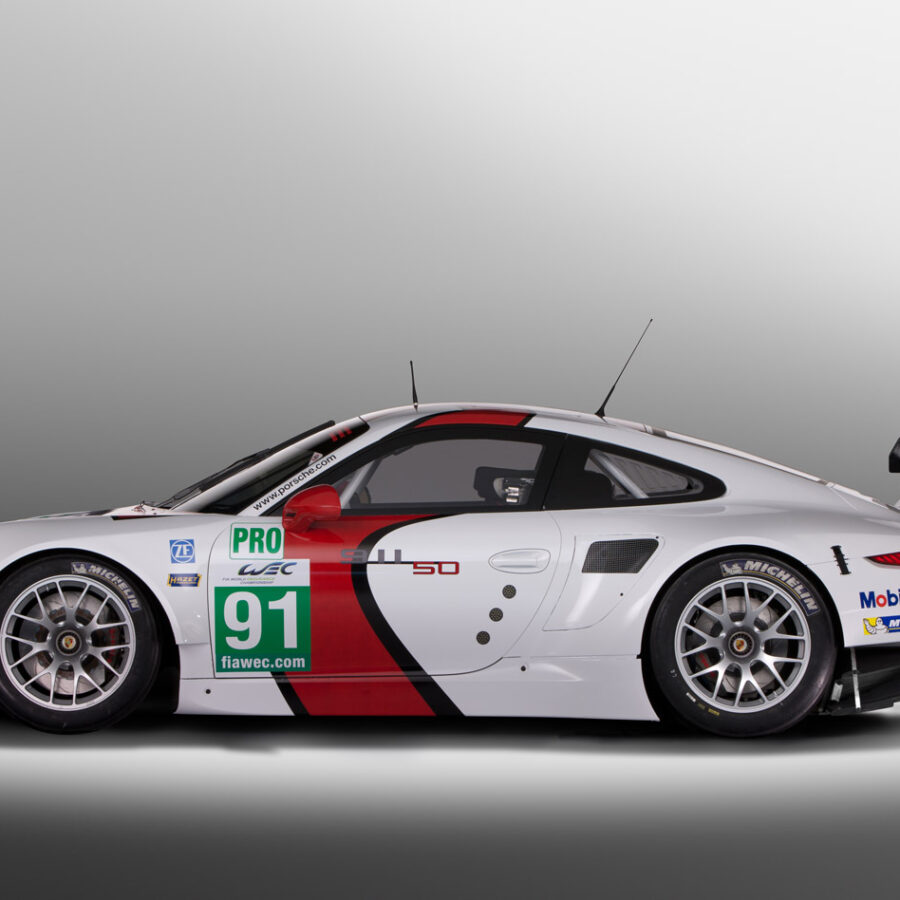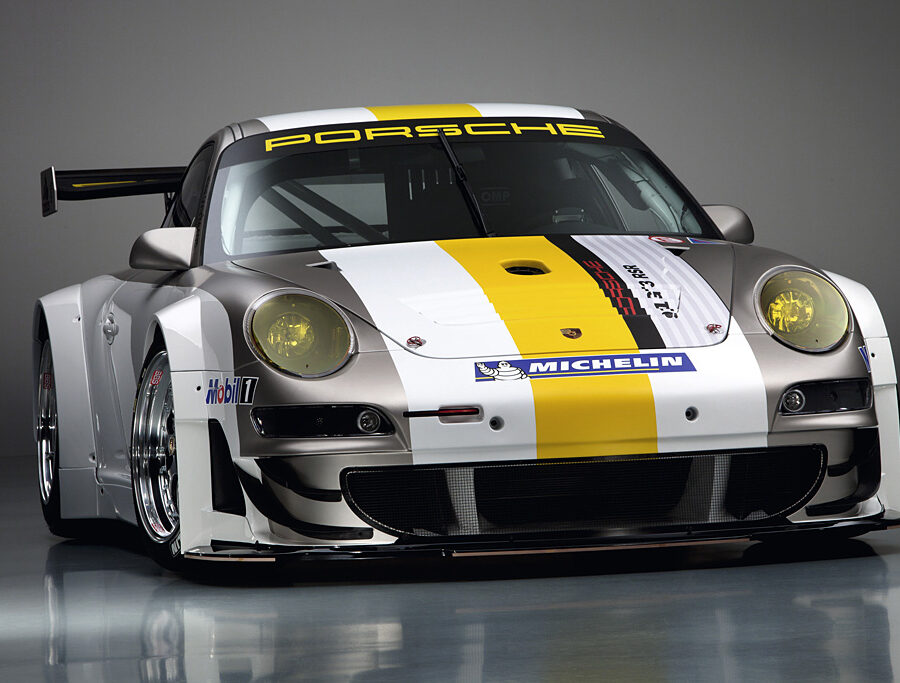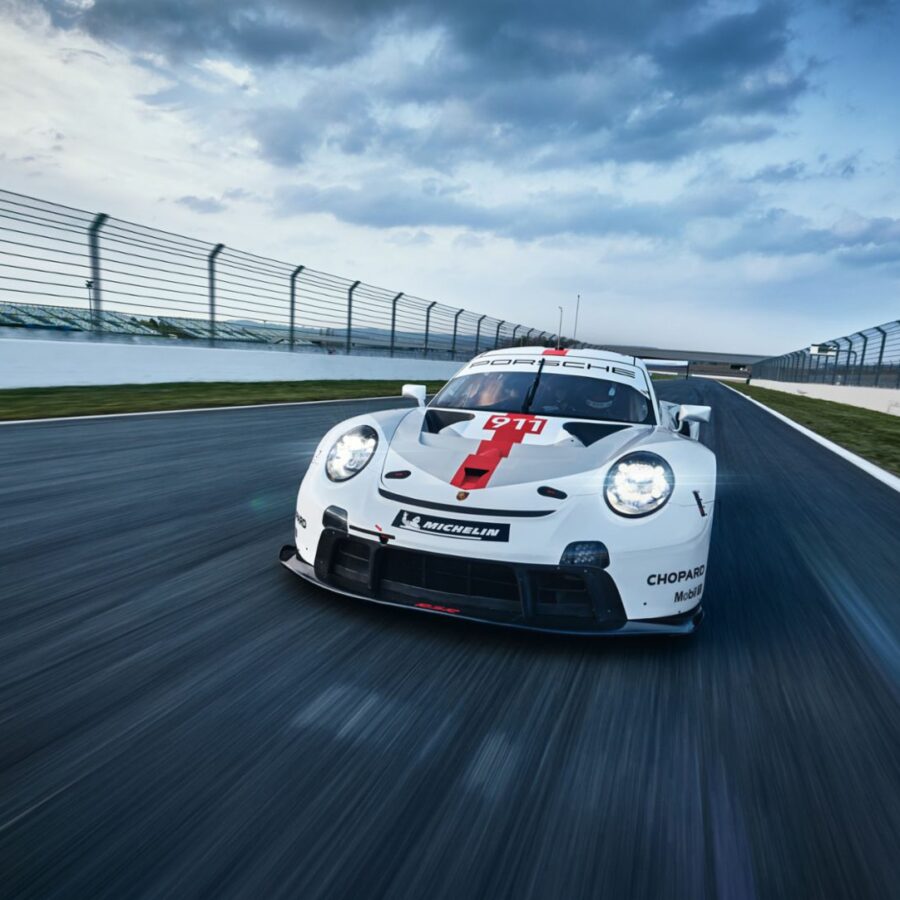Porsche 911 RSR 4.0 (991.2) (2017 – 2019)
The mid-engined version
Porsche 911 RSR (991) (2013 – 2016)
2015 FIA World Endurance Cup for GT winner
Porsche 911 GT3 RSR (996) (2004 – 2005)
For the 2004 and 2005 racing season, Porsche Motorsport used the 911 GT3 RSR. This near-standard racing sportscar aimed to keep private customer teams competitive.
Porsche 911 RSR 4.2 (991.2) (2019 – 2021)
Brand-new 911 RSR built to defend the FIA World Endurance Championship (WEC) title.



